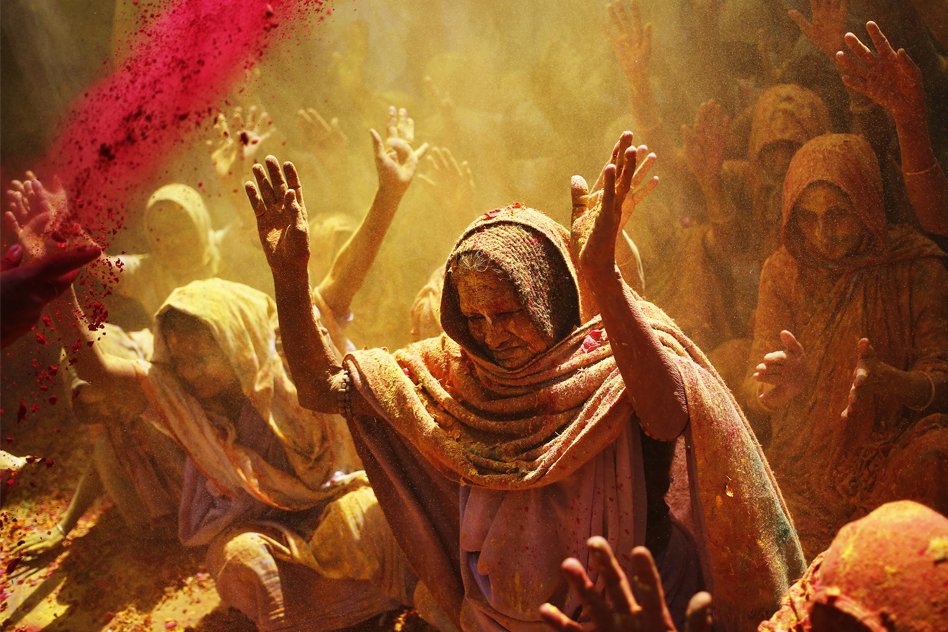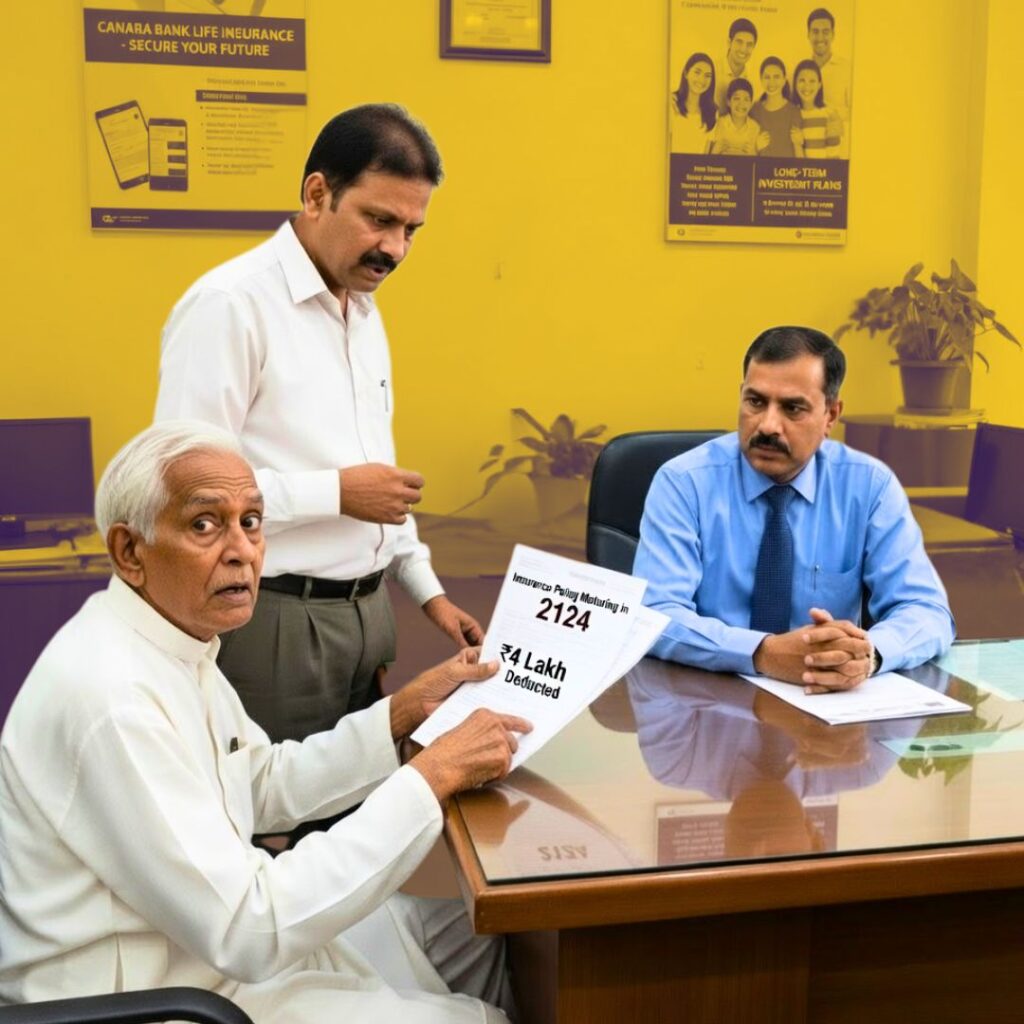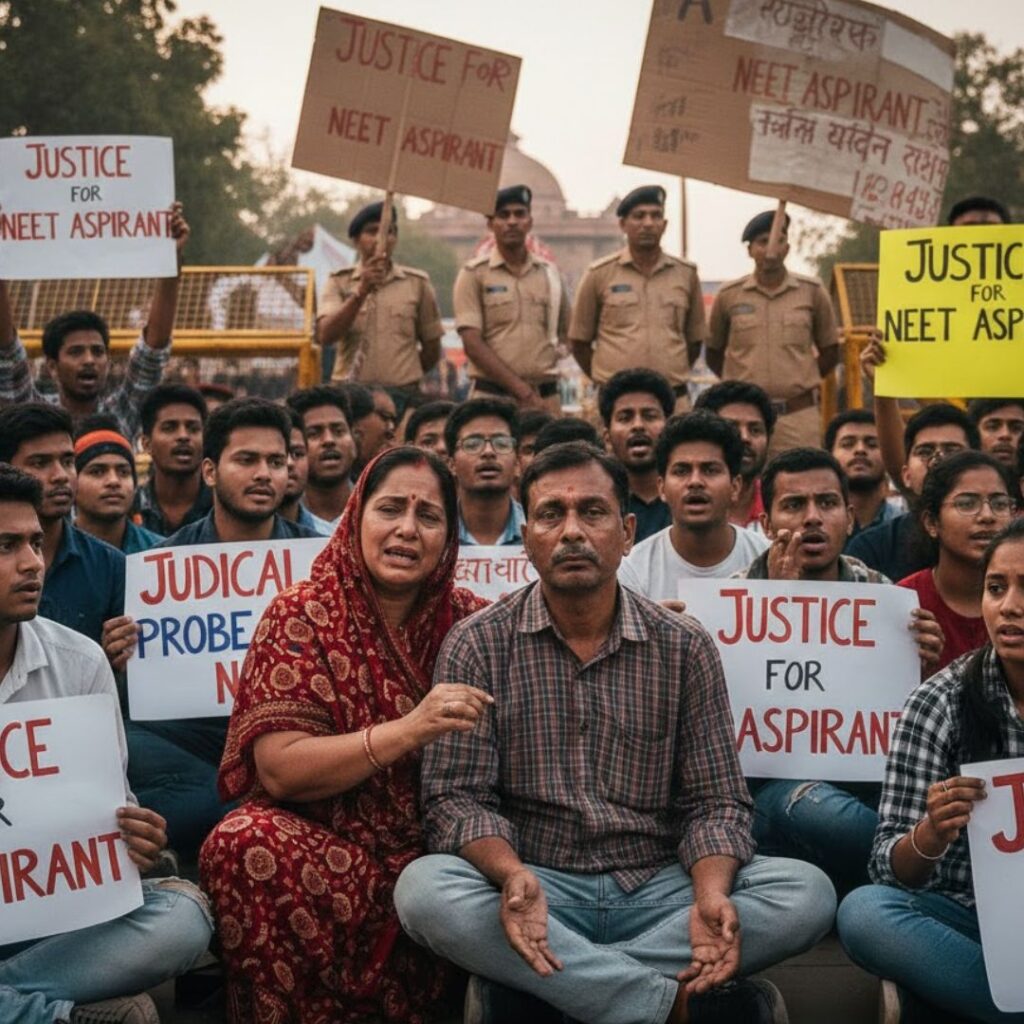Image Courtesy: newindianexpress
I wonder how many of our community members remember Deepa Mehta’s 2005 movie, Water. Set in 1938, it explored the lives of widows in an Ashram in Varanasi, a holy city of India. There were two highlights of the film – one was when a child widow kept a much desired laddoo in front of another much older widow, who ate it with relish before she passed away. The other was when the protagonist of the movie, Lisa Ray was sailing on a boat with John Abraham (her lover), playing the role of a Zamindar’s son, to meet his father to take permission for re-marriage. Realizing that the father had earlier prostituted Lisa Ray, she drowns herself in the river, leaving her bangles on the bank for her lover – that was minimalist, speaking volumes about the unspoken tragedies which await a widow’s life in India.
Seven-and-a-half decades later, the condition of widows in another holy city of India, Vrindavan, the land of Radha and Krishna’s Ras Leela, is not much different. It is true that the news about them defying age-old customs by celebrating festivals like Holi, Durga Puja, Diwali and Christmas have been making the headlines for at least the past 3 years now. However, does celebrating such festivals on selected days of the year go beyond the token defiance of misogynistic traditions in India which, in many cases, label widows as “husband eaters”?
It is not unknown that in a large part of rural India, widows are considered to be inauspicious. People fear even their shadow falling on them since that is supposed to bring in bad fortune. Devoid of jewels, clad in tattered white sarees, they are often relegated to a corner of the house to tend to household chores and prohibited to have oil, spices, pickles or non-vegetarian food. These ingredients are essential for a healthy living and by prohibiting them to consume such food, the family members are making sure that they starve to death due to malnutrition. Although Sati (the practice of emulating themselves on the husbands’ pyres) is no longer in practice, the life they face makes sure that they are slowly forced to die so as to prevent spending on them and to devoid them of any property rights. This despite the fact that it is provided in the Indian laws that the wife has a right in the diseased husband’s property.
The condition becomes much worse when they are thrown out of the houses deliberately, sometimes by their own children, or they choose to leave their husband’s house and have no option of returning to their natal home. What do they do then? Some of these women have a common destination – Vrindavan, which is a-two-hour journey from Delhi, on the banks of river Yamuna. This city is home to some 20, 000 widows coming from various parts of North India, Bengal and even Nepal. Some of them travel thousands of miles to attain what in Hindusim is called moksha or freedom from the cycle of births and deaths, because the only other form of sustenance from them, servitude to their husbands, has been snatched away by a cruel play of destiny.
According to official data at least 50% of these widows have their families in their homelands. Still they flock around the temples in Vrindavan in order to devote their lives to sing bhajans for gods. There are six government run and NGO shelters which cater to the needs of around 800 widows – the rest are left to fend for themselves.
And how do they do that? Some sing bhajans for the morning session (6:30 am), mainly for the breakfast distributed thereafter. After the afternoon session (2:30 pm) they get a cupful of rice, pulses and some alms. For bhajans they earn Rs 5 per day. This, after they have already bribed the “shares” of the supervisor, the dholak mai, token manager, pravachan mai and the one who plays the jhanj.
However, this comes to a lucky few. Although widows are entitled to a pension of Rs 1800 per year from the government, they have not got it for the past 4 years. Many do not receive it because they do not have valid identity cards. Besides, those who have need to pay a commission to the middlemen who get fake identity proofs made.
Under the Antyodaya scheme of government they are entitled to foodgrains and pulses. However, since they do not have “families” to feed, instead of the rationed 35 kg per month they end up getting half the amount. It is just about enough to make 5 rotis a day (350 kcal). There are of course no vegetables or fruits and the minimum dietary requirement of 1,100 kcal per day per female in urban areas is not fulfilled.
Other women have options like surrogacy and prostitution. Some are followed by pimps all the year round. Young widows who are more “presentable” perform kirtans whenever there are potential donors. Such women are called “sevadasis” and as dependants on Ashrams, they offer sexual services to the priest and donors. They opine that it is better than selling their bodies every single night in Gaura nagar (Vrindavan’s red light area). Some sigh that they do have desires. Surrogate mothers are often duped by the married couples who come to them for hiring their wombs.
The condition of spinsters who have been abandoned by their families is worse because they have no identity in the eyes of the government. According to the National Commission on Women report, 2009, such spinsters constitute 1 % of some 21,000 women in Vrindavan. There is hardly any vocational training provided to widows or spinsters in Vrindavan. In the absence of any technical skills they find it difficult to make ends meet.
They hardly had any medical facilities till two years ago when the Sulabh founder, Dr. Bindeshwar Pathak, took the initiative to provide some relief to these ostracized women. Now they provide Rs 1000 to these widows, basic medical facilities and some food. They even organized a flight to Kolkata during Durga Puja last year. Dr Pathak is planning to propose a draft bill to the Parliament so as to provide more relief measures to the widows on a permanent basis.
But is our government listening? It was reported two years ago that Hema Malini, the BJP MLA from Mathura, asserted that the widows of Mathura or Vrindavan were not the responsibility of the government. Discarded by their families, the widows are not willing to return even though some family members are willing to take them back. They prefer their lives of servitude in the dark alleys of Vrindavan, waiting for death.
However, even death comes at a heavy cost. As per a report circulated in September 2012, the dead bodies of some inmates of Mahila Ashray Sadan were taken by sweepers in the dead of the night, hacked into pieces, stuffed into jute bags and disposed off! The initiative was made by the surviving inmates who pitched in money since, according to the warden of the Ashray, there is no provision for funerals.
The Logical Indian is well aware that mere reporting of such appalling and pitiable state of the widows of Vrindavan is not enough. Reports do the rounds every year. What is needed is action – first of all by the family members themselves who abandon the widows as curses. There needs to be a change in the mindset of rural Indians who believe that such widows are husband eaters. Next in importance is an up gradation of the services provided by the Ashrams and NGOs in Vrindavan so that these women have some basic vocational training to become self-sufficient. Their nutritional and medical requirements have to be catered to. All this needs to be backed up by the government, both at the central and state levels, so that the various schemes for such widows do not remain on paper but are actually executed. Additionally, the benefits have to reach the actual dependants and not middlemen or Ashram owners.













